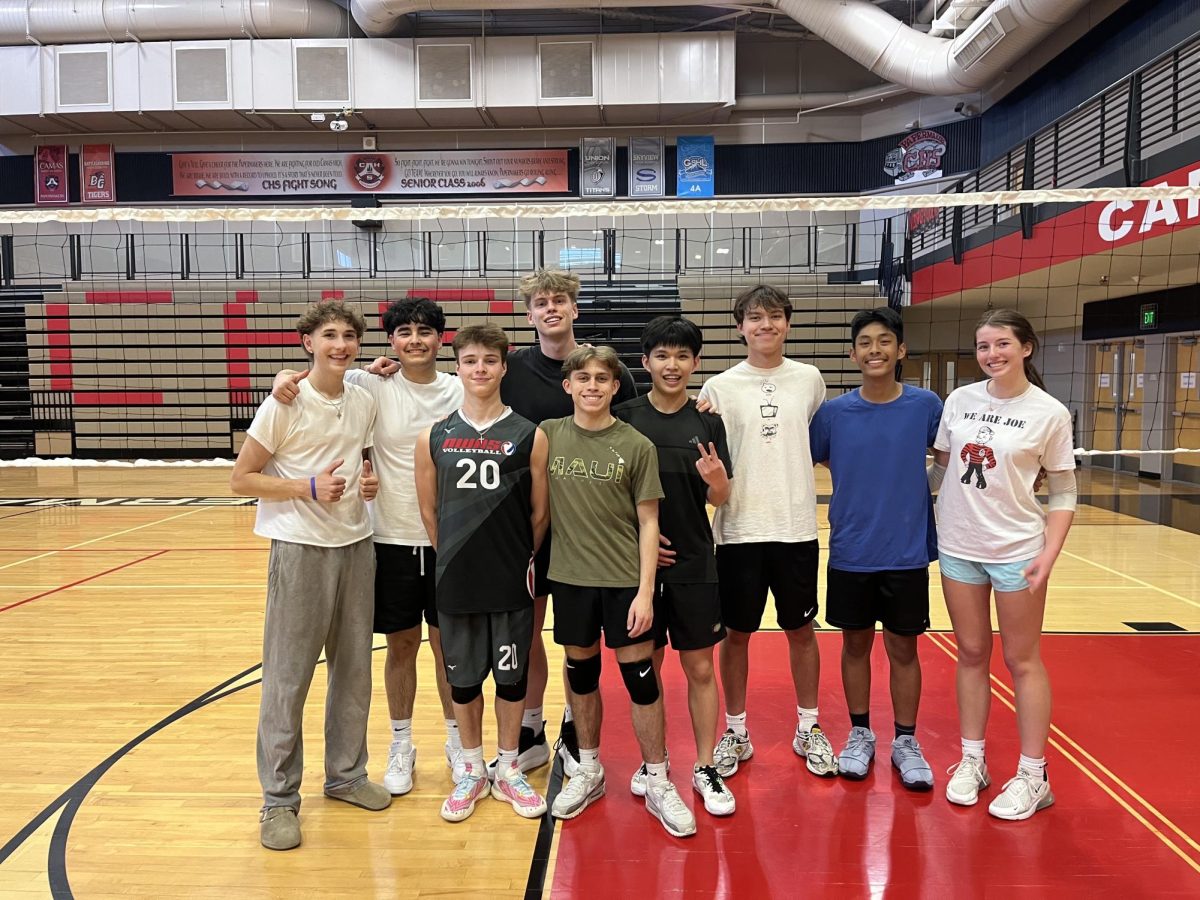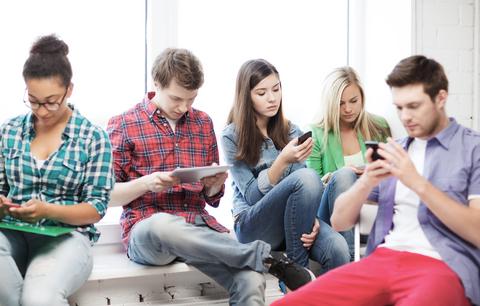Return from winter break left many students shocked when, during morning bulletin, it was announced that Camas High School is allowing its students to use their phones during lunch. This new cell phone pilot marks what could be the end of an era, a cell-less era. What was the motivating force behind this decision? How long has this plan been in motion? Principal Marshall was able to offer some clarification on the process.
A big factor in this decision was the recognition that phones are not the same as they were in the past. Devices intended for communication purposes have evolved into personal computers.
“Cell phones have transformed into smartphones, and the [previous] policy was written for cell phones,” Marshall stated.
A recent school initiative has been in getting Chromebooks into the hands of every student and seeing that new technology around the school and at lunch made it difficult to ban phones when “the students might be using their devices for the same purpose” Marshall said.
This was no quick decision, however, when asked if it was a long process, Marshall responded, “This has been in the works for about three years”. Not only did they have to talk with the superintendent and tech director to even see if the school’s bandwidth could support such a large amount of online traffic, Marshall also had to be sure the staff was on board.
“You don’t want to do something in a building if there isn’t a strong support by staff,” Marshall continued, “we gave them a staff survey and there was a strong support for it.”
Times are changing and with it Camas High School’s outlook on its policies. Marshall recognized, “Five years ago you couldn’t do this,” the response to this new policy may have been very different five years ago, lacking much of the support that gives it traction today.
There are slight concerns that students might abuse the new privilege. Using phones for social media rather than academic resources, online bullying, cheating on tests, and just general distractions. However, realizing that the benefits outweigh the risks, Marshall remains optimistic, relying on student self-discipline and cooperation.
Moving forward, Marshall has high hopes for this policy, stating that he, “Absolutely hopes it goes well!” Surely all the students at CHS share his excitement.

































